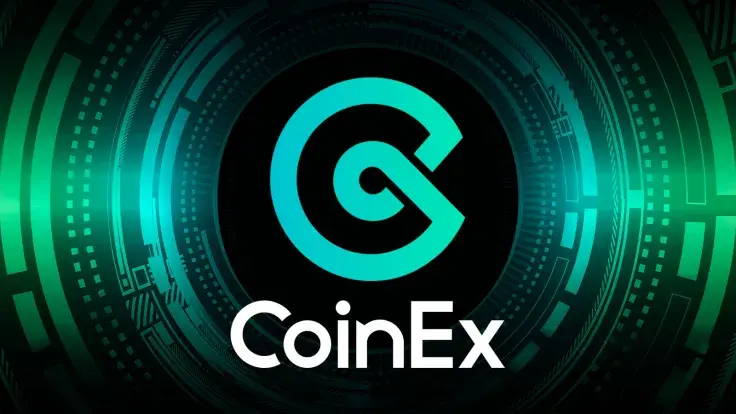
Disclaimer: The opinions expressed by our writers are their own and do not represent the views of U.Today. The financial and market information provided on U.Today is intended for informational purposes only. U.Today is not liable for any financial losses incurred while trading cryptocurrencies. Conduct your own research by contacting financial experts before making any investment decisions. We believe that all content is accurate as of the date of publication, but certain offers mentioned may no longer be available.
Ahead of the mainnet activation of Cancun-Deneb (or Dencun), the most anticipated Ethereum upgrade of 2024, CoinEx describes its major elements.
Proto-Danksharding, blobs, KZG: What’s under hood of Dencun
CoinEx specialists described Dencun as a major Ethereum (ETH) upgrade set to include five EIPs, among which EIP-4844 receives the most market attention.
Its main purpose is to solve Ethereum's scalability problem and help reduce transaction costs for Ethereum layer-2 solutions, which directly benefits related ecosystems such as L2. In addition to the core EIP-4844, other improvement proposals include EIP-1153, EIP-4788, EIP-5656 and EIP-6780.
The core novelty of Dencun, according to the latest report of CoinEx Research, will be so-called Proto-Danksharding, known as EIP-4844. It is set to reconsider the way Ethereum (ETH) stores the information required for the interaction between L1 mainnet and L2 networks.
Ethereum (ETH) will receive a new data structure known as a blob dedicated to storing transaction data submitted from layer 2 to layer 1.
As explained by CoinEx Research, in order to ensure the security and immutability of the new mechanism, Ethereum (ETH) will introduce the KZG Polynomial Commitment.
Simply put, the activation of the new scheme will make L2 transactions faster and cheaper thanks to an optimized data logistics scheme.
Potential effects of minor EIPs: CoinEx verdict
Besides EIP-4844, Dencun is expected to bring some other EIPs to Ethereum. For instance, EIP-1153, or Transient Storage Opcodes, will reduce unnecessary gas overhead for on-chain users or developers.
EIP-4788, or Beacon Chain Block Root Submission, will bring the EVM-compatibility of L2 blockchains to the next level. EIP-4788 aims to place a Beacon Chain block root in every execution block header so that the EVM can directly access the state and data of the Ethereum consensus layer.
EIP-5656, or MCOPY Opcodes, will also reduce unnecessary gas costs for on-chain users and decentralized applications (dApps) of various types.
How can Dencun change Ethereum’s L1 and L2: CoinEx research position
The core of the Dencun upgrade is EIP-4844, which directly improves layer-2 throughput and reduces overall transaction fees by introducing blobs. This will certainly enhance the competitiveness of Ethereum-based layer 2s against other alt layer-1 projects.
Derivatives, LSDs, staking apps and bridges will be the categories of dApps that will benefit the most from Dencun activation, CoinEx experts stressed.
About CoinEx
Established in 2017, CoinEx is a global cryptocurrency exchange committed to making trading easier. The platform provides a range of services, including spot and margin trading, futures, swaps, automated market maker (AMM), and financial management services for over 5 million users across 200+ countries and regions. Since its establishment, CoinEx has steadfastly adhered to a "user-first" service principle. With the sincere intention of nurturing an equitable, respectful and secure crypto trading environment, CoinEx enables individuals with varying levels of experience to effortlessly access the world of cryptocurrency by offering easy-to-use products.
 Vladislav Sopov
Vladislav Sopov Dan Burgin
Dan Burgin